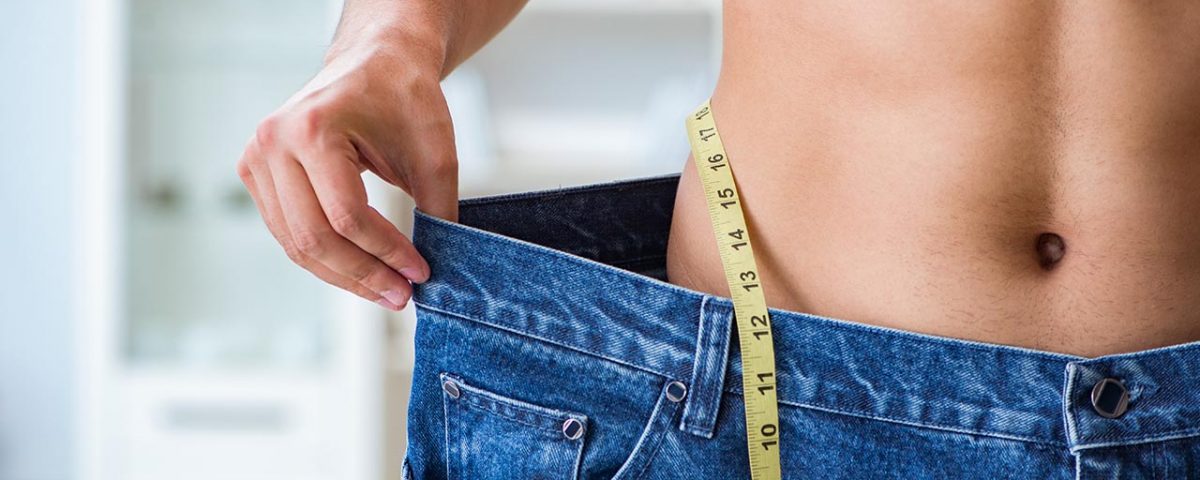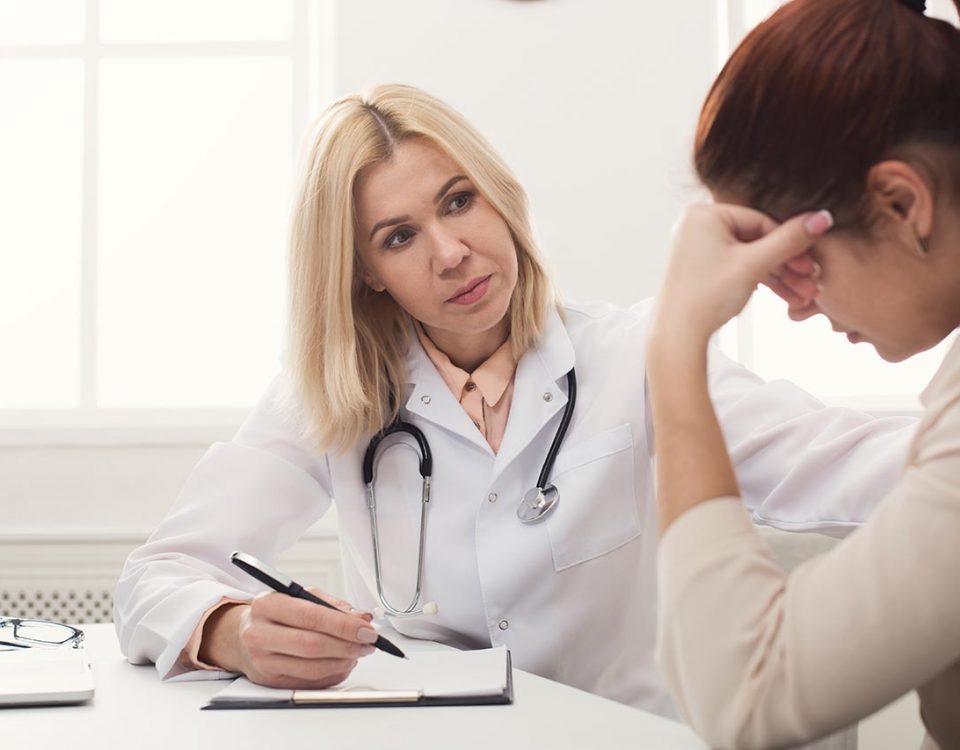Recovery from addiction can be a life-changing journey that may not always go smoothly.
A common side effect of recovery is gaining a few unwanted pounds. It’s not uncommon to seek comfort in food when managing the changes your body is experiencing during the recovery process. For many recovering addicts, they may experience this unwelcome change after a drug detox program. Fortunately, there are plenty of ways to achieve weight loss in recovery.
How to Lose Weight in Addiction Recovery
As a drug rehab center in Gilman, we know that gaining weight after receiving addiction treatment isn’t always ideal. That’s why we’ve noted some helpful tips for losing weight in addiction recovery.
Exercise
The best way of losing weight in recovery is habitual exercise. It’s common for people who have an addiction to live a more laid back lifestyle, but if you’re eating more, you need to exercise to maintain or lose weight. Exercise can not only help you lose weight, but it can also improve your physical and mental health. However, you’re still in recovery, so make sure you don’t burn yourself out. It’s important to pace yourself and not attempt to do more than your body can handle.
Set Realistic Goals
The idea of losing weight and changing your lifestyle can be exciting but be sure not to set yourself up for failure. Set goals that you can actually achieve without hurting yourself. The amount of weight you can healthily lose in a month may be different from someone else’s maximum. A great way to determine what goals you should set for yourself is by speaking to your doctor. They can perform a physical examination and help you create a plan that’s safe and effective.
Change Your Diet
Your diet is a big contributing factor to weight loss. Losing weight in recovery is also about managing what you’re eating. You could work out for hours, but if you’re eating an excessive amount of unhealthy food, you may not lose any weight. To ensure you’re eating properly and getting all the nutrients you need, speak to your doctor or a nutritionist about creating a diet plan that benefits you.
Get Help from a Friend
Finding the motivation to eat healthily and exercise can be difficult regardless of how badly you want to lose weight. However, having a friend who will go through this journey alongside you could provide you with the support you need to accomplish your goals. Perhaps this is a friend that you made in your residential treatment program who is also in addiction recovery. Going through this journey with another person can help keep you on the right track.
Stay Away from the Scale
Focusing on your weight more than your health can discourage you and set you back. Obsessing over the numbers on the scale could even create an eating disorder. Rather than concentrating on the numbers, pay attention to how you’re feeling instead. If you abuse drugs or alcohol for a long period of time, your body may need extra time to heal.
Reach Out to Someone
If you’re going to extreme measures to lose weight, you may be putting yourself at risk of developing a bigger problem. Over 35% of individuals who have battled with substance abuse have developed an eating disorder.1 If you ignore this problem and continue trying to lose weight, it may lead to relapse. To avoid this, reach out to someone and get help.
Gaining weight after completing addiction treatment is normal. Losing weight in recovery is possible if you eat healthily and exercise regularly. Remember to be patient with yourself and give your body the time it needs to heal.
At Banyan Heartland, we help people recover from addiction and reach sobriety. To get started on your recovery journey, call us now at888-280-4763 to find out more about our addiction treatment programs.
Sources:
Related Reading:What to do When a Spouse Relapses
Living With an Addict
Sober Gift Ideas for Your Spouse
Dealing With Depression in Recovery








